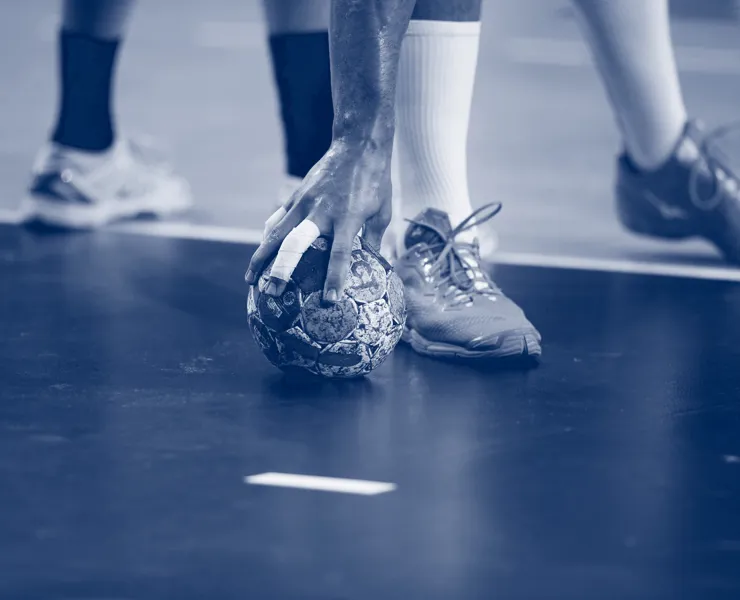It is easy for me to link both my experiences with France and Barça.
I remained in Barcelona for 11 years, and there I became a man. I grew up and became mature.
From first one I connected with their “Mes que un club” mantra.
Xavi Pascual welcomed me with open arms. He is another one that I call “dad” now. He was a huge influence on me, and certainly a reason why I want to become a coach when I stop my career.
I want to keep transmitting things to the younger generations, just like I have done my whole career.
During my time there, I did not cheat once, I gave my heart and soul to this club. My role changed, for sure.
In the later days, I would make sure the new guys would feel at home and would have someone to talk to when they would need to.
I also met Dika Mem. He’s the only teammate I ever called “son”. Dika is my son.
Our relationship is hard to explain, we just found each other. As an only son, I always dreamt of having a brother, and maybe Dika is there to fill that void.
He is just one of the billion reasons that made it hard for me to leave Barça. I cried when I played my last game at Palau Blaugrana.
People that know me know that I never cry in public but that day the emotions were just too much.
I was sad to leave but, in the meantime, I knew it was for the best. A club is not about one player. Players come and go but the club always stays. And that is exactly what happened.
I thought about the future of the club, about passing the torch to younger players. About the club. “Mes que un club”.
Of course I would have loved to stay there forever. But the most important thing is always the future.
So I had to let it go.
But God, that was tough.
I realised the impact I had on this sport arriving in Dinamo. One of my teammates came up to me and told me he had been looking up to me since he was 13.
As weird as it may sound, I do not accept compliments. That is one of the traumas remaining from my childhood.
So when I hear him saying that, I feel awkward. I do not know what to do with it.
I told you earlier that Dika was my son, but I never felt so complete than since my second child was born.
Both my children make me feel full. When I am with them all my handicaps, all my scars, all the pain, vanish.
I became someone else when my daughter was born eight years ago. But I came full circle lately, when my son came into the world.
Travelling to Romania made me question a lot about myself, about being to let go some of the things from the past.
And having children is also part of this self-healing.
It is about forgetting the things that destroyed my childhood and that remain buried inside of me. About dealing with the bad thoughts I might have.
Will they love handball? Will handball love them?
I do not care.
Handball could not have loved me. But I forced it to love me. Eventually.
Cédric Sorhaindo
November 2021











